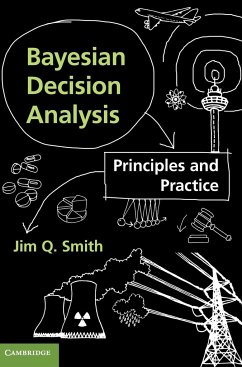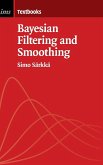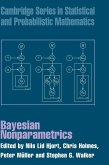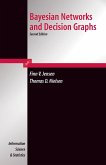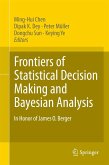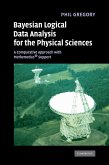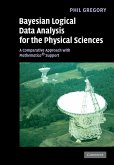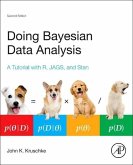Bayesian decision analysis supports principled decision making in complex domains. This textbook takes the reader from a formal analysis of simple decision problems to a careful analysis of the sometimes very complex and data rich structures confronted by practitioners. The book contains basic material on subjective probability theory and multi-attribute utility theory, event and decision trees, Bayesian networks, influence diagrams and causal Bayesian networks. The author demonstrates when and how the theory can be successfully applied to a given decision problem, how data can be sampled and expert judgements elicited to support this analysis, and when and how an effective Bayesian decision analysis can be implemented. Evolving from a third-year undergraduate course taught by the author over many years, all of the material in this book will be accessible to a student who has completed introductory courses in probability and mathematical statistics.
'The author presents a good set of solved exercises, which serve for illustration, and a large set of proposed exercises are suggested. I recommend this book for professional and advanced students in statistics, operations research, computer science, artificial intelligence, cognitive sciences and different branches of engineering.' Narciso Bouza Herrera, Zentralblatt MATH

